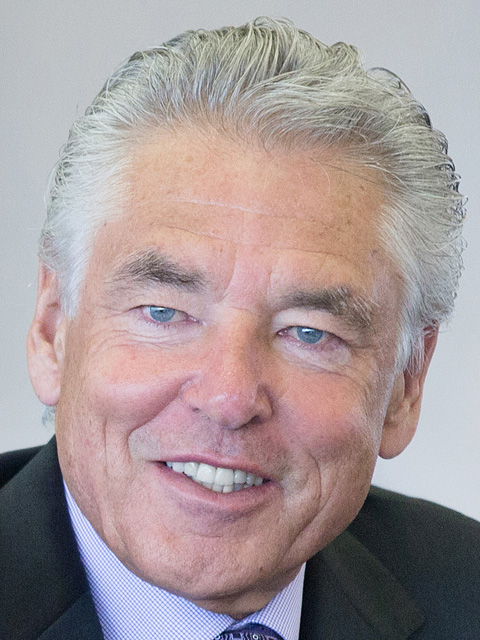INVESTMENTS IN AGRICULTURE AS THE BASIS FOR ENSURING GLOBAL FOOD SECURITY
The increase in food prices is considered one of the main factors behind the recent political instability in the Middle East and other regions of the world. The anticipated growth in the global population from 6.3 billion to more than 9 billion by 2050, climate change, growth in energy prices, manmade disasters as well as increased consumption in developing nations all dictate the need for structural reforms in global agriculture in order to satisfy growing demand.
Russian agribusiness not only has serious potential to cover the country’s domestic demand for staple foods, but can also make a significant contribution to ensure global food security. Russia is home to 9% of the world’s arable land and 25% of its fresh water. Capitalizing on this potential will only be possible if the sector is able to actively attract investment for the modernization of production and processing with the use of modern technologies.
1) What is Russia’s potential for ensuring global food security? What measures need to be taken to capitalize on the potential of the Russian agriculture industry?
2) What are the main risks for strategic and portfolio investors? What measures need to be taken to neutralize these risks?
3) What conditions need to be created in the industry in order to actively attract investors? What infrastructural projects should be given priority?
Moderator:
Donald V. Almeida ,
Vice Chairman, Clients and Markets, PwC
Panellists
Peter Brabeck-Letmathe ,
Chairman of the Board of Directors, Nestle SA
Alexey Repik ,
President, Delovaya Rossiya (Business Russia)
Dr. Ngozi Okonjo-Iweala ,
Managing Director, World Bank Group
Dr. Supachai Panitchpakdi ,
Secretary-General, United Nations Conference on Trade and Development (UNCTAD)
Sergei Yushin ,
Head of the Executive Committee, National Meat Association









